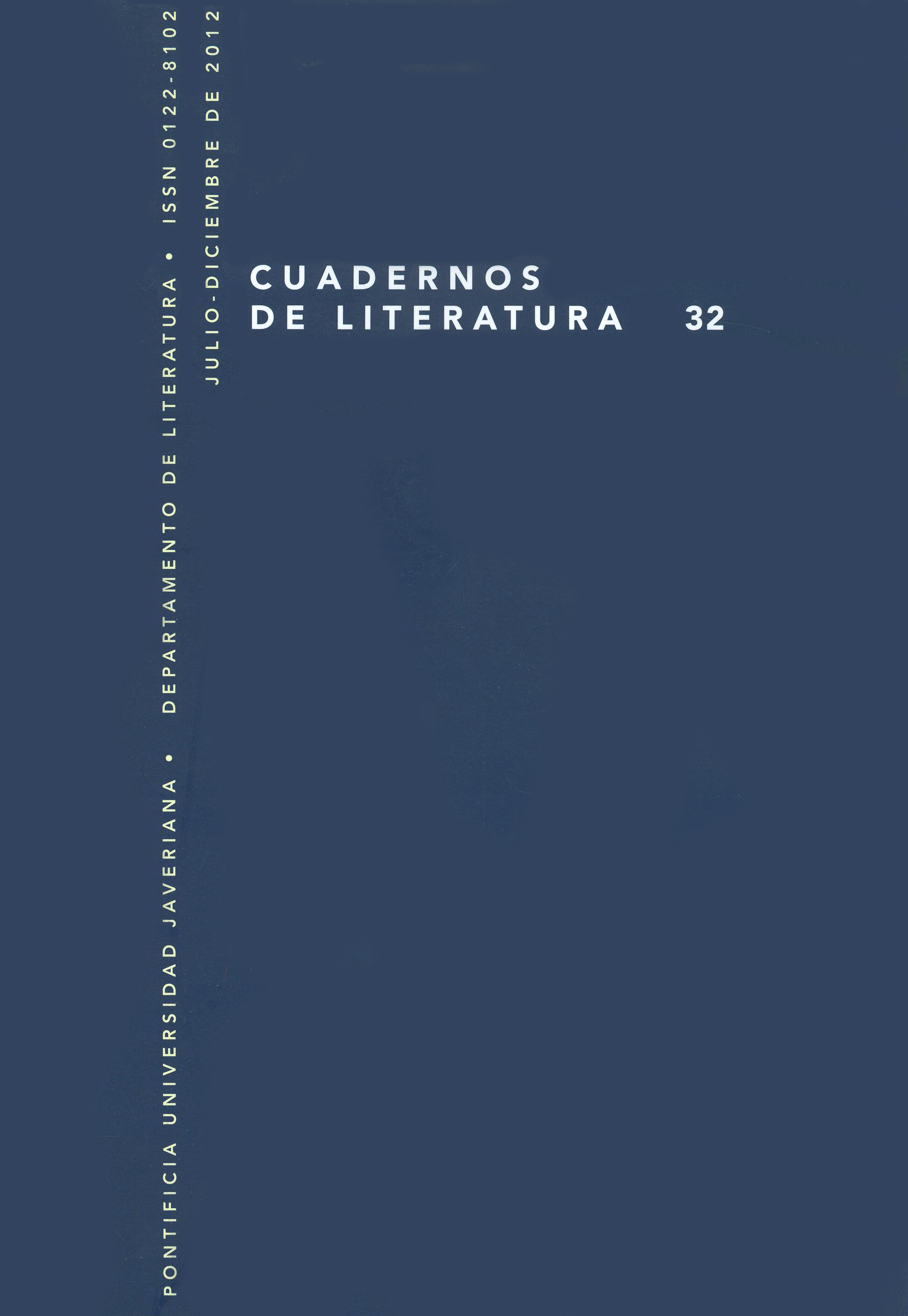Abstract
Cuando mi viaje de 1982, Paul de Man, uno de los deconstructivistas de Yale, publicaba otro artículo memorable también en Times Literary Supplement en el que recordaba su experiencia del close reading aplicado por el profesor Brower en Harvard durante los años cincuenta. El “mero acto de leer” –escribía De Man– era capaz de transformar la actitud y competencia de los estudiantes en términos indeseables por quienes veían en la enseñanza de la literatura “un sustituto de la enseñanza de la teología, la ética, la psicología o la historia intelectual”, de lo que deducía que aquella experiencia docente y la posterior consolidación de la teoríaliteraria en los currículos académicos –pese a las resistencias que él mismo denunció– eran procesos debidos a una raíz común: “una vuelta a la filología, a un examen de la estructura del lenguaje previa a la del significado que produce” (44). Ideas como estas nos hacen recordar el prólogo de Friedrich Nietzsche a sus reflexiones sobre los prejuicios morales tituladas Aurora. Allí incluye asimismo el filósofo alemán un canto a la filología, que comparte nuestro Alfonso Reyes: “Filólogo quiere decir maestro en la lectura atenta” (Nietzsche, 6-7). Esta y no otra es la conclusión a la que llego tras repasar aquí, en Brown, cuarenta años de
biografía intelectual en el hispanismo.
Cuadernos de Literatura is registered under a Creative Commons Attribution 4.0 International Public License. Thus, this work may be reproduced, distributed, and publicly shared in digital format, as long as the names of the authors and Pontificia Universidad Javeriana are acknowledged. Others are allowed to quote, adapt, transform, auto-archive, republish, and create based on this material, for any purpose (even commercial ones), provided the authorship is duly acknowledged, a link to the original work is provided, and it is specified if changes have been made. Pontificia Universidad Javeriana does not hold the rights of published works and the authors are solely responsible for the contents of their works; they keep the moral, intellectual, privacy, and publicity rights.
Approving the intervention of the work (review, copy-editing, translation, layout) and the following outreach, are granted through an use license and not through an assignment of rights. This means the journal and Pontificia Universidad Javeriana cannot be held responsible for any ethical malpractice by the authors. As a consequence of the protection granted by the use license, the journal is not required to publish recantations or modify information already published, unless the errata stems from the editorial management process. Publishing contents in this journal does not generate royalties for contributors.


